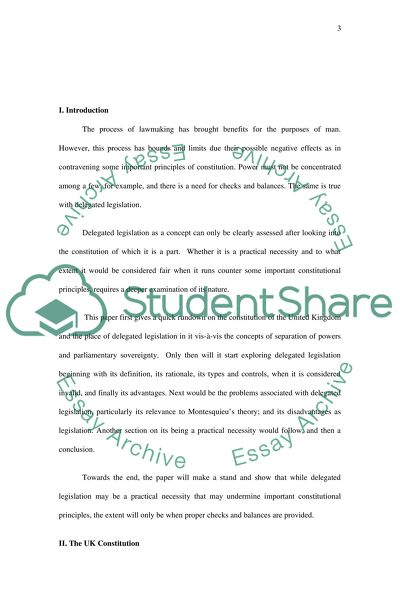Cite this document
(“To what extent is it fair to characterise delegated legislation as a Essay”, n.d.)
To what extent is it fair to characterise delegated legislation as a Essay. Retrieved from https://studentshare.org/miscellaneous/1535751-to-what-extent-is-it-fair-to-characterise-delegated-legislation-as-a-practical-necessity-that-undermines-important-constitutional-principles
To what extent is it fair to characterise delegated legislation as a Essay. Retrieved from https://studentshare.org/miscellaneous/1535751-to-what-extent-is-it-fair-to-characterise-delegated-legislation-as-a-practical-necessity-that-undermines-important-constitutional-principles
(To What Extent Is It Fair to Characterise Delegated Legislation As a Essay)
To What Extent Is It Fair to Characterise Delegated Legislation As a Essay. https://studentshare.org/miscellaneous/1535751-to-what-extent-is-it-fair-to-characterise-delegated-legislation-as-a-practical-necessity-that-undermines-important-constitutional-principles.
To What Extent Is It Fair to Characterise Delegated Legislation As a Essay. https://studentshare.org/miscellaneous/1535751-to-what-extent-is-it-fair-to-characterise-delegated-legislation-as-a-practical-necessity-that-undermines-important-constitutional-principles.
“To What Extent Is It Fair to Characterise Delegated Legislation As a Essay”, n.d. https://studentshare.org/miscellaneous/1535751-to-what-extent-is-it-fair-to-characterise-delegated-legislation-as-a-practical-necessity-that-undermines-important-constitutional-principles.


